KamikazePotato (real name Brett) has carved out a place as one of LitRPG’s most distinctive voices, with his series An Outcast in Another World earning a devoted following. Blending humor, psychological tension, and relentless action, Brett’s work pushes beyond standard progression fantasy. Here, he reflects on the process of building Rob’s journey, the themes that shaped the series, and what it means to write stories about resilience in impossible worlds.
In this interview, Brett dives into the making of An Outcast in Another World—from Rob’s relentless fight against a world that wants to break him, to the mix of horror, humor, and heart that made the series stand out in the genre.

Rob’s journey begins not with destiny but with an impulsive act of selflessness—taking his friend’s place when the portal opens. How does that moment of flawed, human courage echo through the rest of the series?
Rob being someone who will always try to do the right thing was a sort of vow he took early in Book 1, when he declares that he ‘won’t let this world win’. That remains a core theme throughout the entire rest of the series. Elatra is constantly trying to warp him into a worse version of himself, and he responds by flipping it off and dragging it into the future, kicking and screaming. He’s stubborn like that.
One of the most unsettling aspects of the series is how the System doesn’t just track stats but actively alters Rob’s mind. When you were developing this mechanic, what interested you about exploring not just physical progression but the psychological cost of power?
The psychological cost of power is something I wanted to explore in general with Outcast. Leveling High affecting Rob’s mental state is meant to emphasize how addictive it can be to gain power by taking from others. That clash with his inherent goodness drove a lot of the story’s conflict.
I also used the Leaders of Elatra to explore how power corrupts even without a literal voice whispering in your head. In general, they depict a sliding scale of how well people handle the weight and responsibility of leadership.
The Merfolk King is pretty chill. Seneschal Sylpeiros has made some bad decisions, and is on the brink of becoming irredeemable, but he manages to pull back before it’s too late. The Dwarven Stonewarden tries to be noble but can’t help perpetuating the cycle of violence. Dragon Queen Ragnavi is so unhinged that having Leveling High wouldn’t change her personality in the slightest.
The titles themselves—Human Insanity, Shared Insanity, Rising Insanity—emphasize the mental toll of Rob’s journey. How do you weave the theme of sanity into the fabric of the story, and were there particular moments where you wanted readers to really feel Rob’s fraying grip on himself?
There’s a consistent undertone of psychological horror throughout all of Outcast. It’s usually subtle, and covered up by fun action scenes or Rob making jokes, but every now and then I brought it to the surface. Rob’s struggles with himself were often more challenging than the enemies he faced in battle.
Book 5 was where I emphasized this aspect the most. War is hell, and I wanted to show that it’s still hell even if you’re on the winning side and not losing many allies. It’s the book where Rob comes the closest to mentally breaking, and the fact that he doesn’t is written as a huge moment of triumph for him in the series as a whole.
From hostile elves to the Deserters who rally around him, Rob’s allies are as important to his survival as his own progression. What does “found family” mean in the context of Outcast, and were there relationships you especially wanted to highlight as vital counterpoints to the System’s dehumanizing pull?
Rob’s found family, Riardin’s Rangers, is essentially a refutation of Elatra’s inherent close-minded selfishness. Nations in Elatra are insular, don’t work well with each other, and have slowly driven their world to ruin through pointless war.
Riardin’s Rangers ignore those cultural boundaries. They even include a Human and a Fiend in their ranks – two pariahs. It’s more of a statement than even they themselves realize. Them coming together is a turning point in history that changes the world for the better.
Aside from the worldbuilding aspect, Rob also wouldn’t have made it through Outcast without Riardin’s Rangers. They were all tethers keeping him grounded. Keira and Diplomacy were probably Rob’s most important relationships, the former being his first friend (and later girlfriend) and the latter literally being stuck in his head for half the series, but every Party member meant a lot to him.
Really, who doesn’t enjoy a nice found family story? There’s something about bonds forged through tragedy that always seems to resonate.
The Blight recurs as an almost incomprehensible enemy, something beyond gods or mortals. How do you approach writing these eldritch confrontations so that they feel both terrifying and meaningful to Rob’s personal arc, rather than just apocalyptic spectacle?
For most of the Blights scenes, especially earlier in the series, I drew on my love of horror stories to portray them. I would purposefully shift my style of writing in that direction to achieve a feeling of whiplash from the more ‘fantasy’ tone the rest of the series inhabits.
As an example, one general rule I had was: ‘if the Blight shows up, people have to die’. While that tenet changed somewhat as Riardin’s Rangers eventually grew powerful enough to fight back, a Blight’s arrival still usually meant bad times for everyone involved.
Progression fantasy often risks sidelining secondary characters as the protagonist grows. You’ve managed to keep Riardin’s Rangers and other allies deeply relevant. What strategies did you use to ensure their arcs grow in tandem with Rob’s, even as his importance to the world skyrockets?
I knew that the importance of Outcast‘s secondary characters was going to be a key factor right from the beginning, so I did my best to make everyone fleshed out and give them evolving character arcs.
Riardin’s Rangers especially were always in the back of my mind. I knew where all of them were going to end up by the final book, so I mapped out bits of development and foreshadowing to occur gradually over time. Elder Alessia, Elder Duran, and Seneschal Sylpeiros were planned well in advance too.
Early on, I also introduced a mechanic which shares Rob’s EXP gains with his Party members. That way they could continue to be crucial allies in future fights without it just turning into ‘the Rob show’.
By The End of Insanity, Rob and his allies are navigating uneasy alliances where trust is fragile and survival is uncertain. Looking back, which earlier seeds—whether character choices, betrayals, or alliances—did you intentionally plant to make these later conflicts hit harder?
End of Insanity is basically a car crash of intersecting alliances. The threat of the Blight forced everyone to work together, cut the crap, and figure out who they truly were on the inside. Everything that’s been brewing under the surface up until then finally comes to a head.
The results were illuminating. Without spoiling too much, some characters make self-sacrifices that they would have been appalled at their Book 1 selves for even considering. In contrast, other people double down on being their worst selves. It’s a fun mishmash of conflicting personalities, motivations, and ideologies.
Despite eldritch horrors and world-ending stakes, Outcast still makes room for humor and Rob’s very human voice. Do you see humor as a coping mechanism for Rob, a tension-breaker for readers, or both? Can you share a favorite comedic beat that surprised even you while writing?
Humor is a coping mechanism for Rob, a tension-breaker for the readers, and a tension-breaker for the author. It’s much easier to write dark scenes when I get to switch back to Rob referencing Earth memes specifically because no one in Elatra will get them.
My favorite comedic beat is the ‘Roy’ long-running joke, where a misspelling leads to Fiend civilians consistently getting his name wrong. It’s so stupid, but it made me laugh every time.
Which of Rob’s near-death experiences was your favorite to write?
Any fan interactions or comments that influenced a scene or joke?
Here’s one secret: the character of Kenzotul, the Elven saboteur who gets comforted by Rob in Book 1, who then goes on to majorly influence both Seneschal Sylpeiros and Rob himself…was originally meant to die in Book 1. After the initial scene where Rob talks to him, he would’ve been found dead later, having protected civilians during the Blight invasion of the Village.
Then I read a comment saying they were excited to see where Kenzotul’s character would go, and I realized I was about to kill off a potential gold mine.
What part of Rob’s journey that challenged you most as an author?
I wanted to write a conflict that could be understood from multiple perspectives. Rob is the hero, but his villains aren’t shallow, one-note caricatures.
Even irredeemable monsters like Ragnavi are understandable in their own twisted ways. The Blight is somewhat of an exception to this, as they occupied the space of ‘existential threat’ that became a rallying point for everyone else, but they still got some backstory of their own in Book 6.
All of this made the scenes where characters who could have been enemies turn into allies that much more satisfying. Rob couldn’t win over everyone he reached out to, but if he hadn’t kept trying, the events of Outcast would’ve ended up significantly worse.
What’s one writing ritual or habit that keeps you in flow while writing?
If I ever get stuck on adjusting a line for too long, I highlight it and move on. It’s important to get the first draft of a chapter finished and put to paper. Fixing issues is for the future version of KP to handle in editing. Good luck, sucker.
With the series now complete, how do you feel Rob’s journey from accidental portal-jumper to someone shaping the fate of Elatra speaks to the heart of An Outcast in Another World? What do you hope lingers with readers after the final page?
Cheesy as it may sound, I hope that by the final page of Outcast, my readers have come to agree with the power of empathy and understanding. Raw strength can defeat your foes, and it’s a necessary tool to have, but in the end, a caring heart is what makes the world a better place to live in.
Get KamikazePotato‘s amazing series, An Outcast in Another World, available on Amazon
Rob didn’t think of himself as anyone special. But when a pitch-black portal tried to wrap his best friend in chains, he stepped up without thinking and found himself ensnared instead.
His moment of heroism results in being torn away from everyone he knew and loved, kidnapped by an unknown force that leaves him with a note in his pocket stating: “Good luck.”
After being thrown into the wilderness of Elatra, a hostile fantasy world ruled by levels, stats, progression, and bizarre video game logic, he finds himself entirely out of his depth. Armed with nothing but a sword and the clothes on his back, he sets out on his the first day, and almost dies. On the second day, he almost dies again. On the third, he began to notice a worrying trend. And almost dies.
It doesn’t get any easier from there.
Overcoming the wilds is just the first step in his journey; the society of Elatra is incredibly hostile to humans, having just come off of a devastating war that left over half the population dead, and getting the locals to kindle their faith and trust the last human in existence is a struggle in and of itself. Between being powerless in a world that hates him and suffering under a System that is altering his mind in unwanted ways, Rob quickly finds that monsters aren’t nearly the biggest thing to worry about.
As far as LitRPG Isekai adventures go, Rob drew the short straw in many ways. But that’s okay. All the bullshit in the world won’t keep him down. He’ll carve out a place in this world with his bare hands if necessary. He’ll survive, and then he’ll thrive.
Whether anyone wants him to or not…

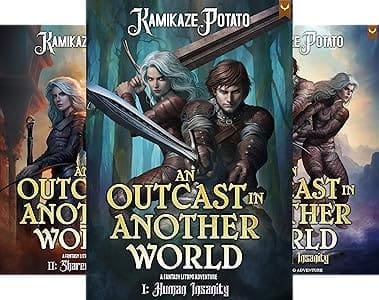
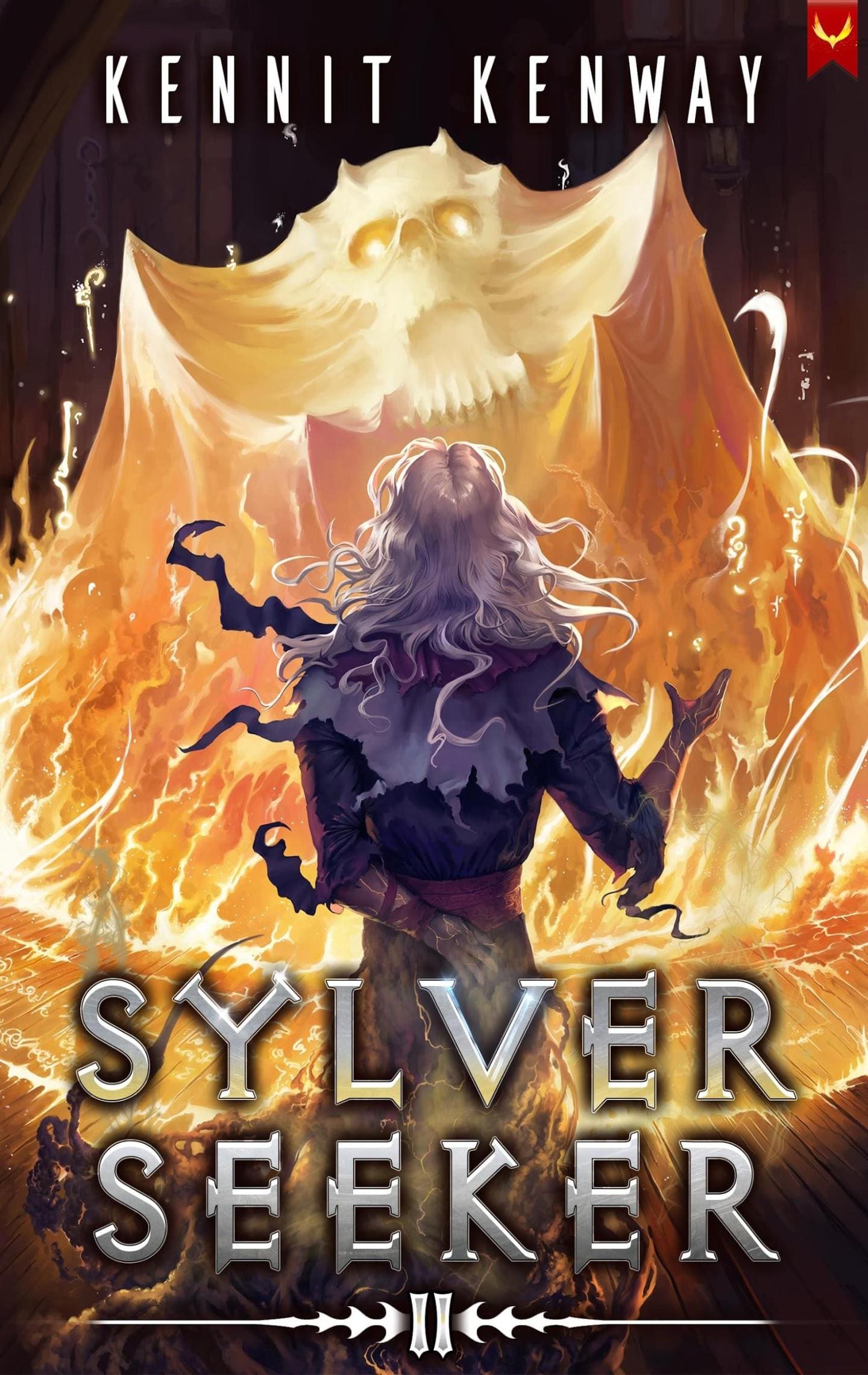
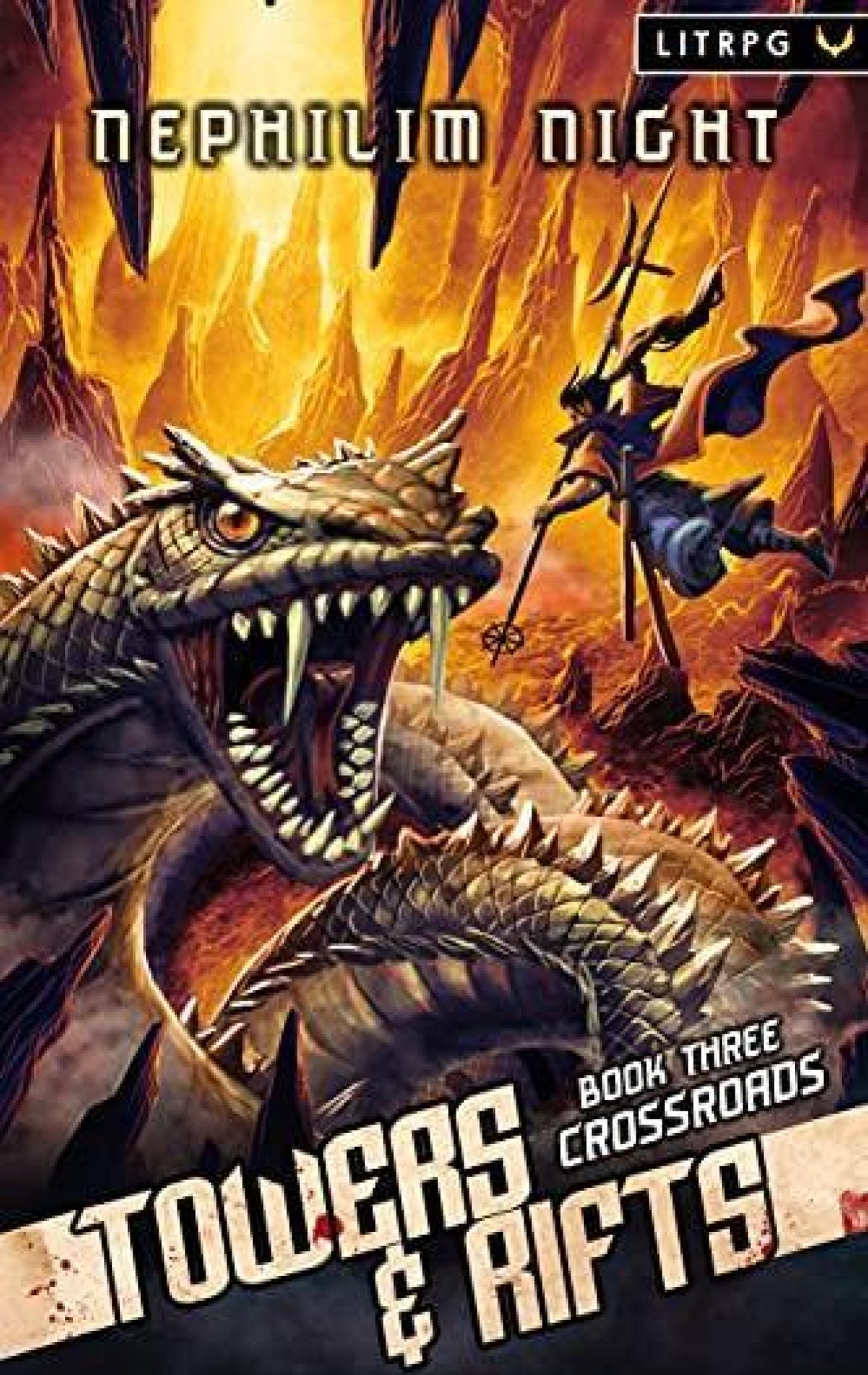
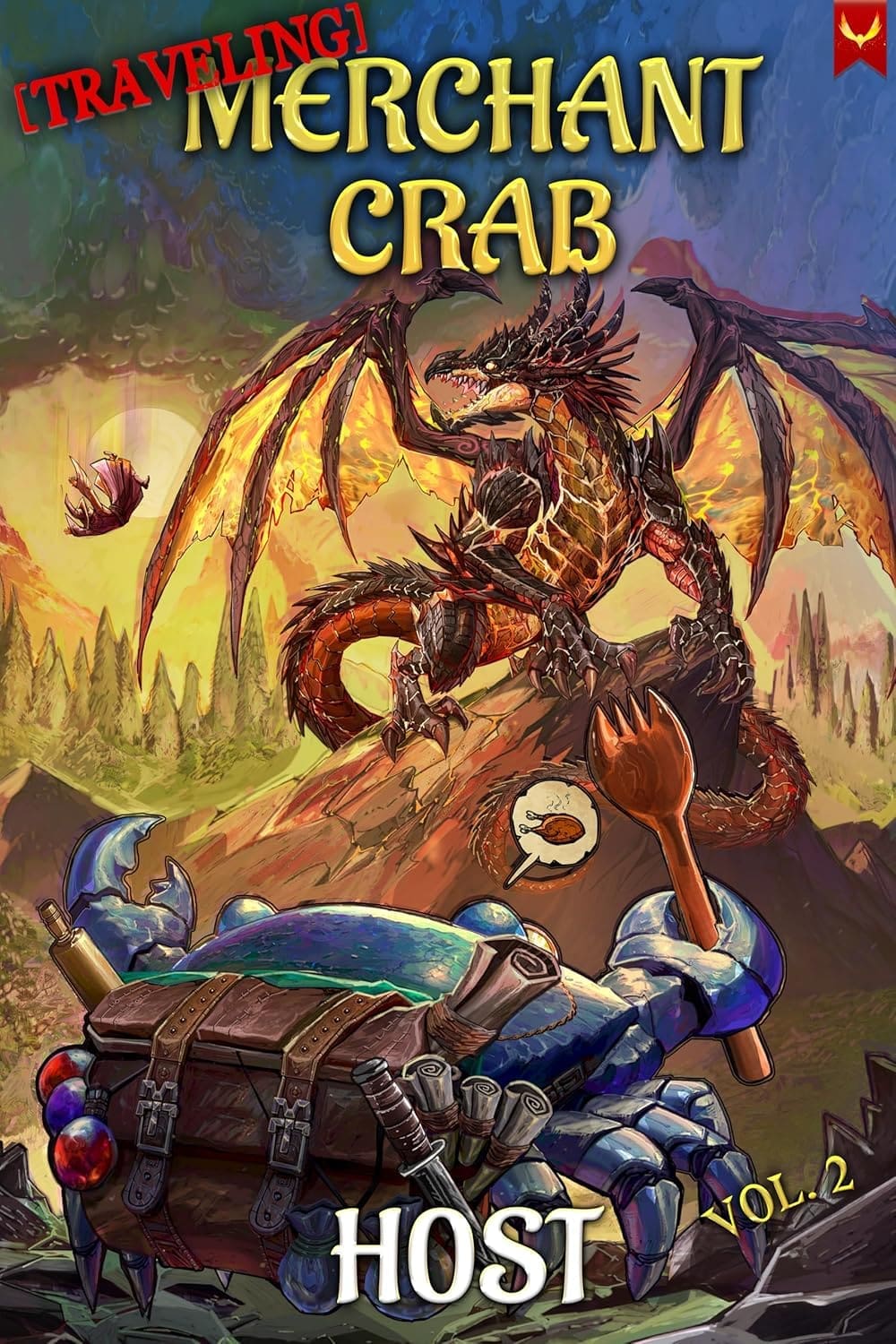
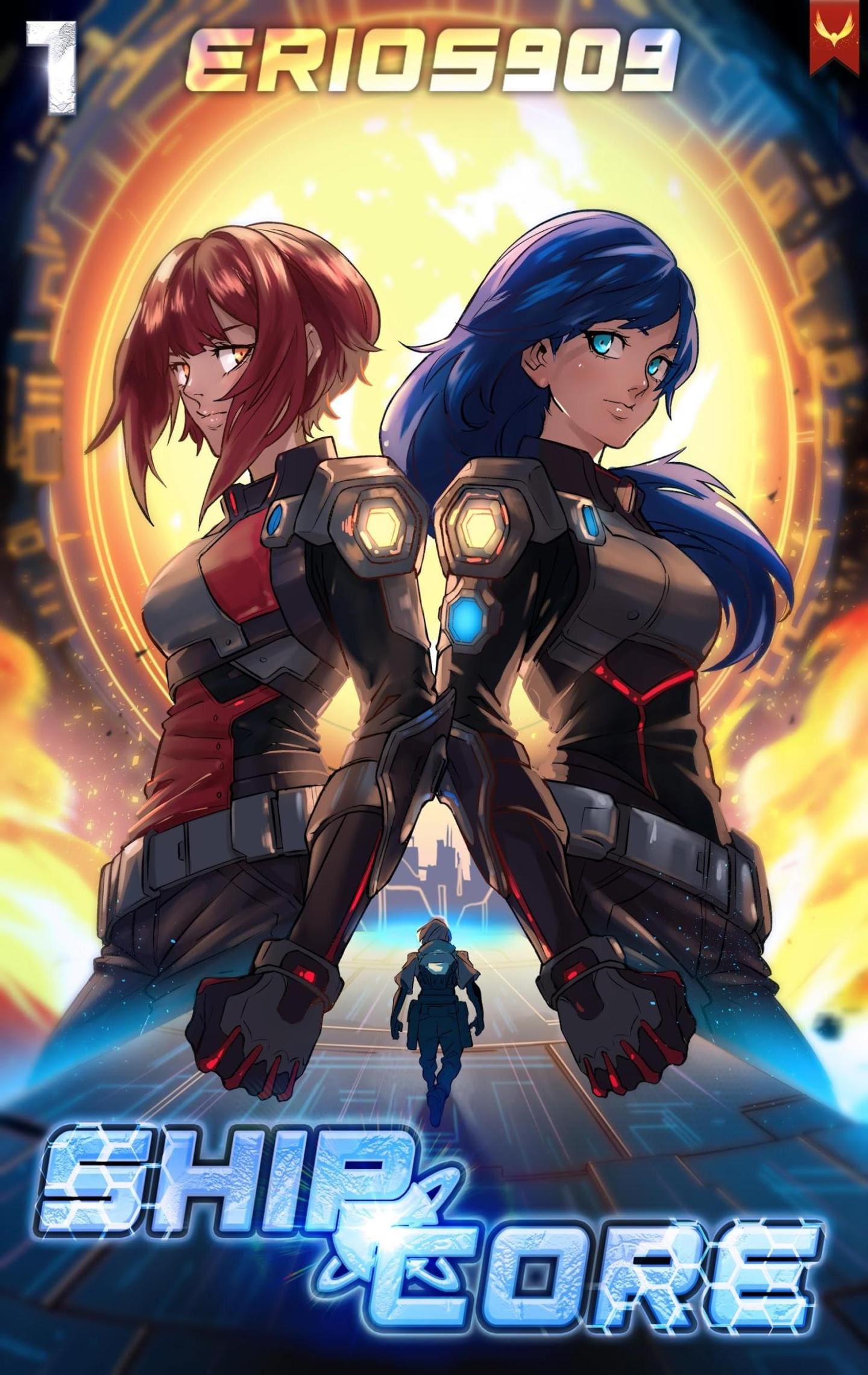
Leave a Reply